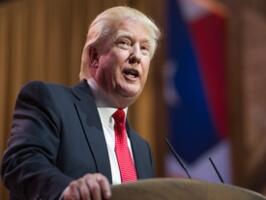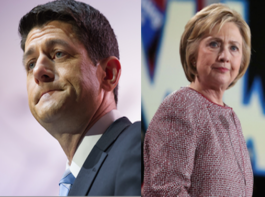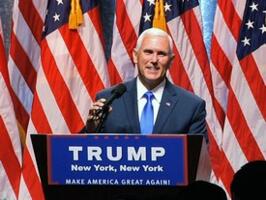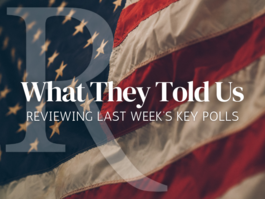July 18, 2016
Voters tend to think House Speaker Paul Ryan is just making a political move with his call to block presumptive Democratic presidential nominee Hillary Clinton from receiving intelligence briefings following the FBI's conclusion that she was “extremely careless” with classified information during her time as secretary of State. But voters trust her Republican rival Donald Trump slightly more when it comes to handling the nation's secrets.
A new Rasmussen Reports national telephone and online survey finds that 49% of Likely U.S. Voters believe it is more likely Ryan is playing politics rather than genuinely trying to protect the government’s secrets. Thirty-eight percent (38%) disagree and think it's more likely Ryan is honestly looking out for national security. Fourteen percent (14%) are undecided. (To see survey question wording, click here.)
(Want a free daily e-mail update? If it's in the news, it's in our polls). Rasmussen Reports updates are also available on Twitter or Facebook.
The survey of 1,000 Likely Voters was conducted on July 14 and 17, 2016 by Rasmussen Reports. The margin of sampling error is +/- 3 percentage points with a 95% level of confidence. Field work for all Rasmussen Reports surveys is conducted by Pulse Opinion Research, LLC. See methodology.








